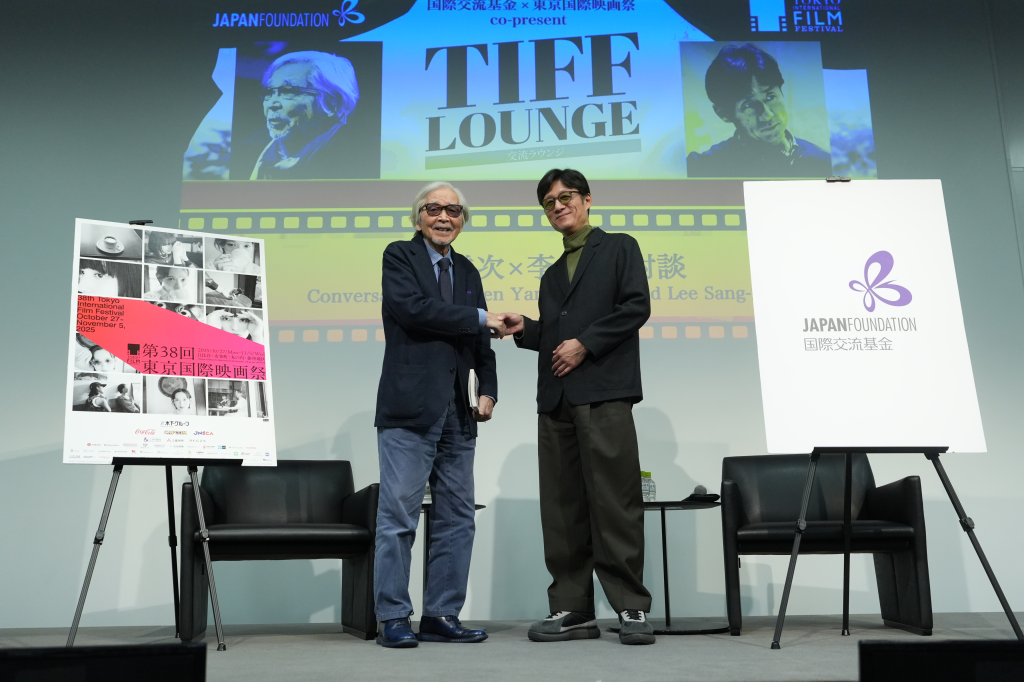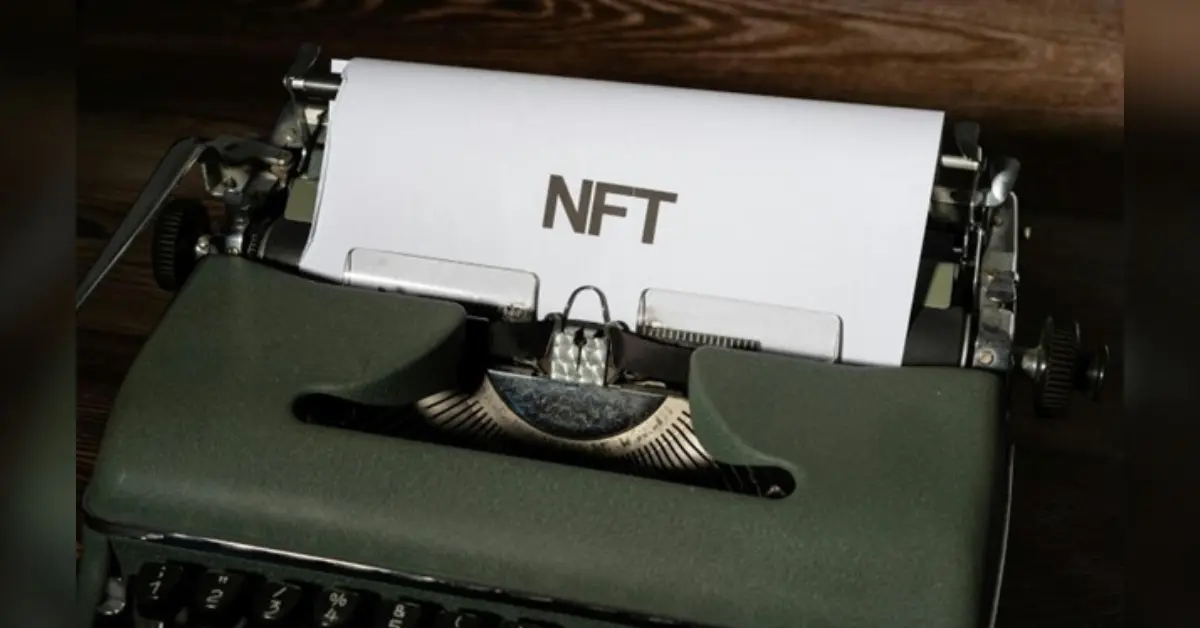Copyright Deadline

Tokyo Taxi director Yamada Yoji told audiences at the Tokyo International Film Festival that he admires how the Korean government has supported the film industry there for decades, and called on the Japanese government to continue to bolster funding locally, especially for live action films. Speaking in a “TIFF Lounge” session alongside Japanese director of ‘zainichi’ Korean descent, Lee Sang-il, Yoji also pushed against using the term “content,” saying that he does not like the expression. While the country’s animation industry has flourished, Yoji shared that the live action industry has lagged behind. “60 years ago, when I joined the industry, Japanese films had a lot of momentum. It was very strong and we had many great works from directors and masterpieces during that time. “South Korea at that time did not really have films or movies, so Japan was the most advanced country for movies then. Fast forward to today, Chinese and Korean movies have made huge advancements and watching them from here makes me sad,” he added. “We need to work together. This is a national problem, where we need the national government and public support. You know why Korea is so successful? Their government really supports the films and industry.” Before becoming sure that he wanted to be a director, Yoji said he had a few outings as an actor but soon found that he was too self-conscious to flourish in that role. “An actor is always conscious of the director and camera,” said Yoji. “I thought that I could be an actor, and then I realised there was always a tension with the camera, and it left an impression on me.” Lee, who helmed box office hit Kokuho, also received the Akira Kurosawa Award at the festival this year. Selected as Japan’s Oscar submission for the best international feature category, Kokuho tells the story of a yakuza gang leader’s son, Kikuo Tachibana, who becomes an apprentice of a kabuki theater actor after the murder of Kikuo’s father. The film was adapted from a novel of the same name by Shuichi Yoshida. Lee said that he was looking forward to the upcoming Oscar campaign for his film, as he will get a chance to see how well the film will be received in the U.S. and abroad. When Yoji asked if Lee considered serializing the novel for a streaming platform instead, given the novel’s hefty length, Lee said that he had weighed different possibilities. “I wanted to see it on the big screen,” said Lee. “If you want to be fidel to the original novel, it would have to be in a serial format, but if you were going to show it on the big screen, we just have to jump around in the timeline…There was a lot that we had to shave off, and it’s up to the audience to fill in what happens in between.” Lee also admitted likes working with flashbacks in his films — particularly since making 2016 film Rage. Addressing Kokuho’s nearly three-hour run time, he admitted that the rough cut for Kokuho was four and a half hours long. “I usually go over by an hour than originally planned, so I need a very skilled editor,” said Lee. On the topic of filming kabuki sequences, Lee and Yoji excitedly traded perspectives on how the performances should be captured. Yoji shared that venerated director Akira Kurosawa always said that the camera should never be on stage when shooting a kabuki performance, nor move around to get close to the actors. He recalled Kurosawa once calling Japanese broadcaster NHK to “tell them not to do that,” and that Kurosawa was upset that such camerawork was allowed during a live performance. Yoji said: “Kurosawa believed that the camera cannot get too close to the object. Instead, there should be a distance.” Lee shared that for Kokuho, a few of the kabuki scenes had around 500 extras on set — a sprawling operation. He added that through the film, he hopes that viewers will see kabuki theater as a form of accessible, public entertainment, and not as a far-off or distant art.



